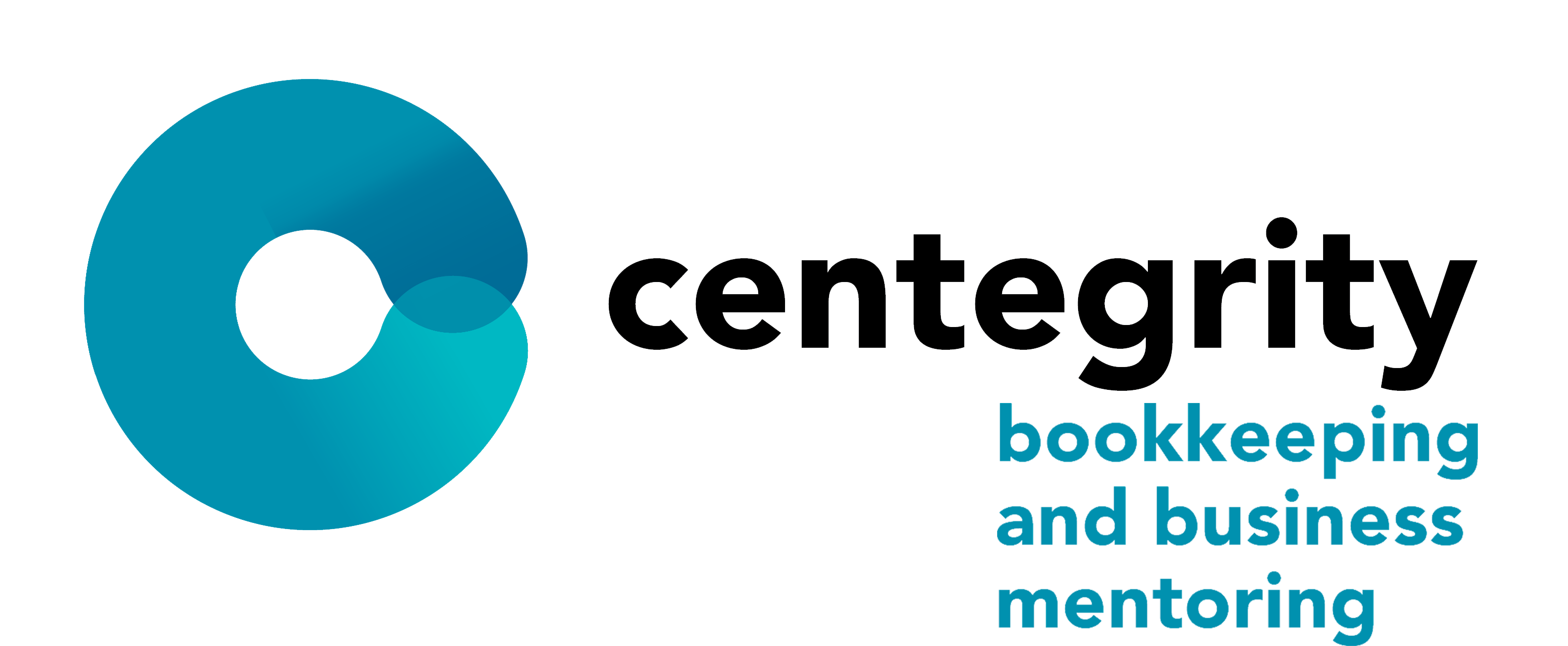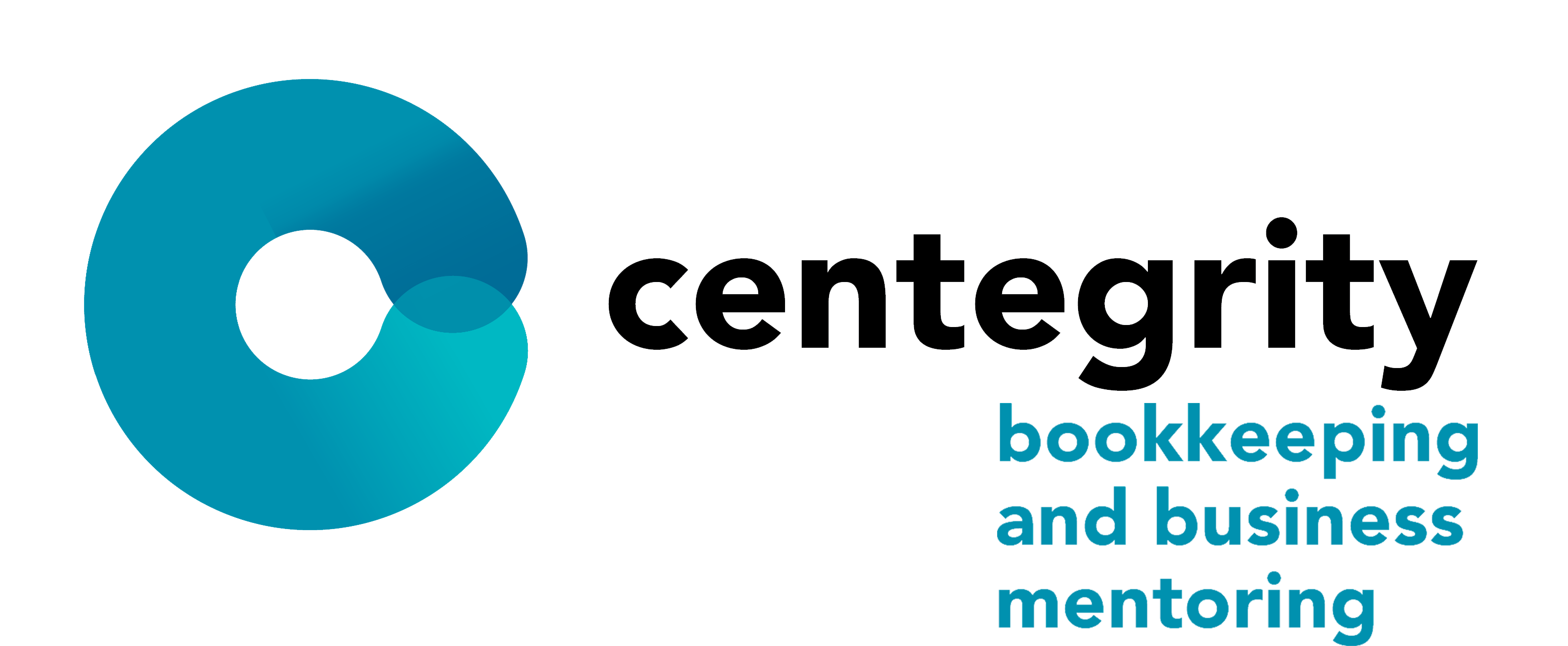With 2020 behind us, most people are looking forward to a better year ahead in 2021.
One thing that may guarantee a better year ahead is getting on top of your small business’s finances.
Managing the money in a business should be the highest priority of every small business owner. But the reality is that often the ‘numbers’ of a business are usually ignored or avoided until there is an issue.
Keeping your business accounts in order will not only keep your business running; it will also make you much less stressed.
Cash flow and financial management for your small business finances require both knowledge and specific skills. With the start of 2021, now is a great time to improve the way you manage your small business’s finances.
1) Setup Cloud-Based Accounting Software
Today’s technology makes a business owner’s job so much easier than in the past. Cloud based accounting software such as Xero can help you access, track, and update your business data from anywhere at any time.
With Xero accounting software, you can see your accounting records and create invoices on the fly, even if you are out of your office. Your bank feeds will automatically import your credit card and banking transactions into the software to make it easier to reconcile everything without tedious data entry.
2) Review Your Variable Business Costs
One of the biggest challenges of a small business is to keep the monthly and quarterly expenses on track. Business costs such as subscriptions, employee salaries, and marketing are all flexible costs that can creep up slowly without you noticing. However, analysing these costs on a year-to-year basis allows you to track where your business capital is going and will enable you to cut back if required.
The start of a new year is also a great time to review the monthly subscription costs, such as the internet, phone, and other software tools. By removing subscriptions you no longer require and revisiting different suppliers or plans you can save valuable dollars. Another tip is to revisit how your business transacts in Foreign Currency. A great cost saver for Business clients is using a platform like Airwallex to save money on exhange rates and transaction fees.
3) Get On Top of Invoicing
Many small businesses have cash flow issues because of slow invoicing procedures or they have payment terms that are too long. Most conventional companies, such as retail stores, will charge when the products and services are provided. Small businesses will often get into the habit of charging their customers at the end of the month.
Thanks to modern billing, you can immediately send the invoices which allow credit card or direct debit payments. Make it a habit of doing so every time you complete a sale or service for any customer.
If you have a business based on services, it’s a good idea to ask for an up-front deposit. Make sure to set the terms of payment in your contract and assure that it is on every invoice. Ideally you want to have shorter payment terms, as this creates more urgency for people to pay.
If you use electronic invoices through a service like Xero, you can set an automated invoice reminder before and after it’s due. You might also look at setting up direct debit payments for customer invoices by using a payment service like Practice Ignition and Billpower that links to your Xero invoice. Systems like these minimise the need for Debt Collection strategies.
4) Apply for Credit Before You Need It
If you have been in business for a while, you know that banks do not move quickly. Everything is slowed down by paperwork and red tape, so it’s a good idea to be prepared ahead of time.
If your business has fluctuating finances, it’s a good idea not to wait till cashflow is down to apply for a business loan or line of credit. Keep in mind that you can borrow only 10-15% of gross revenue.
However, once you have a line of credit, you must be careful. Many business owners fall into trouble by not using the line of credit wisely.
Be aware that banks can reduce or cancel a business line of credit at any time, so do not treat it like a credit card. Be conservative in your approach to using credit and only extend yourself when you know you can pay back the balance with incoming revenue.
5) Hire a Bookkeeper or Accountant
To cut down on expenses, there is a tendency to think that trying to do all your bookkeeping and accounts yourself will save money. However, hiring a professional bookkeeper can often reduce the expenses and streamline your finances. A bookkeeping service can help with your reporting, bank reconciliation, and managing your business’s cash flow and profit.
As a Xero bookkeeper and small business advisor, Centegrity knows how much we can help small business owners manage their finances. You can hire a bookkeeper to take care of all your basic accounting services and bookkeeping requirements, while a qualified accountant can help in planning and preparing taxes.
Your bookkeeper can help with financial clarity for the current year or next financial year. They can help you understand and maximise what your business can claim, which can help minimise unnecessary tax.
If you are considering hiring a Xero bookkeeper, look for a person who works with small businesses. Ideally, they should have standardised processes so they can help you run your finances, no matter what your specific industry.
Investing time and money into managing your small business finances can have a great payoff. Not only will you be prepared for the future, but you will have a less stressful year operating your business.
Are you looking for a Xero Bookkeeper in Melbourne? Centegrity offers a Xero bookkeeping service and is a registered BAS agent. No matter what bookkeeping solution you need, or need assistance with your Xero account, we can help.
Don’t hesitate to contact us or fill in the form below.

